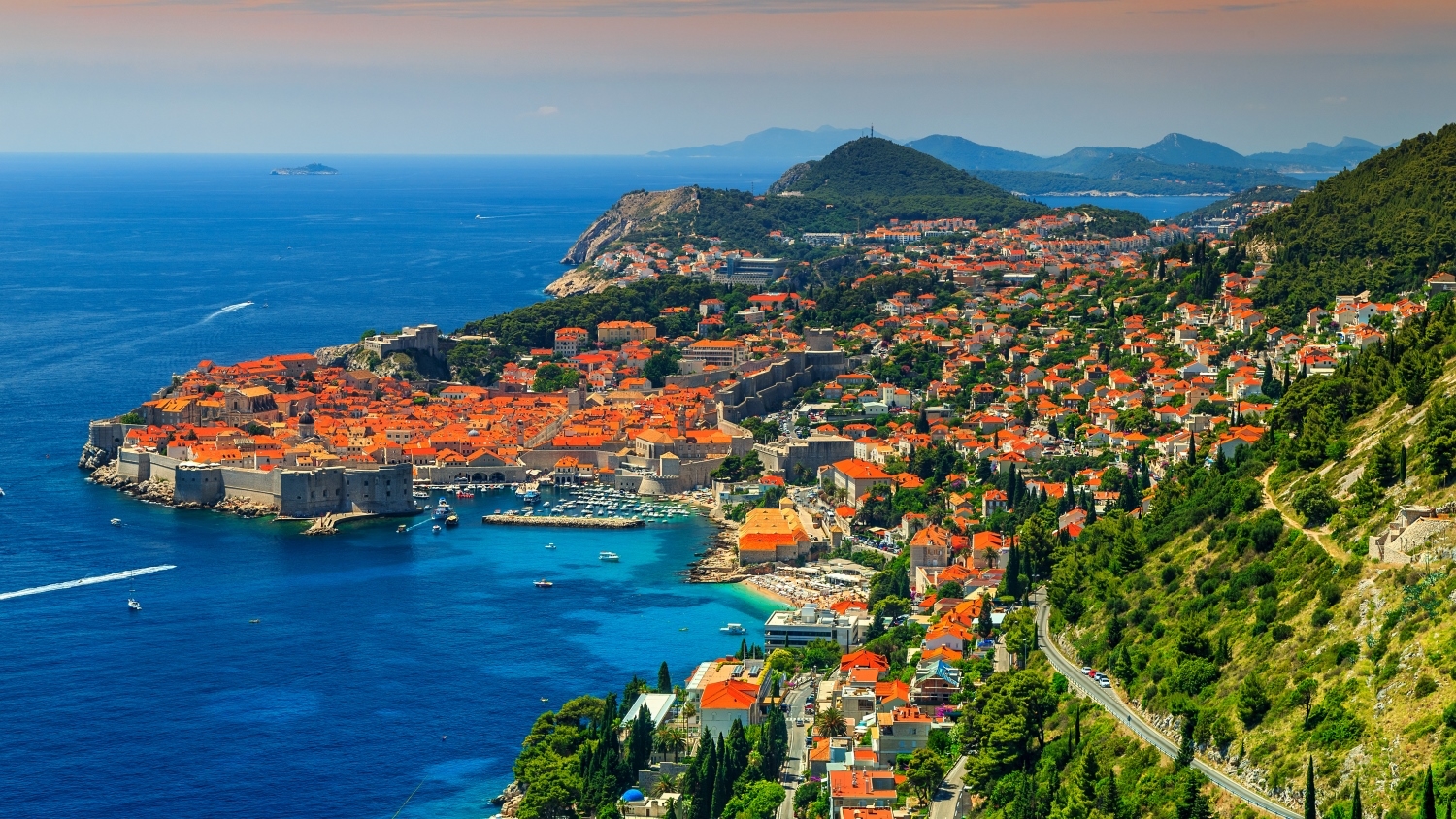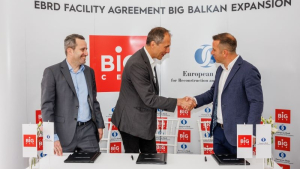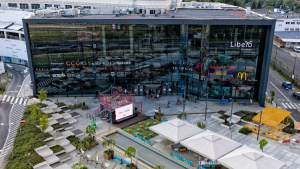
Retail and hotel sectors recorded highest investment volumes in the Croatian commercial property market in 2017. According to information available and Colliers’s estimate, 2017 brought more than €320 million investment in transactions of 22 investment properties. This does not include pending transactions or confidential deals.
In 2017 the demand continued to be driven by international brands focusing on Zagreb and coastal cities. The tenant demand is up for prime shopping centres. High street locations are also seeing an increased interest from international brands.
Austrian Supernova group continued increasing its market share in the shopping centre market with seven acquired properties in 2017. In H2 2017 Supernova purchased Branimir Centar and Kaptol Centar in Zagreb from Zagrebačka Banka. In H1 2017 Supernova acquired Colloseum in Slavonski Brod, Garden Mall in Zagreb, retail parks in Koprivnica and Sisak, and Cvjetni shopping centre in Zagreb. Shopping mall King Cross Jankomir (Zagreb) was acquired by SES Spar EU Shopping Centers in H2 2017.
HTL and luxury residences market
There is a strong demand for hotels in Croatia from existing investors and market newcomers. The investors often face a lack of projects with the necessary quality standard. value-add/distressed properties and brownfield opportunities are also in the focus of investors. The market is currently experiencing high activity, predominantly from local investors.
In 2017 there were no new large tourist resorts added to the market as the investors were opting for less risky brownfield opportunities. The construction of the tourist resort in Brizenica Bay by Arqaam Capital and Four Seasons should start in 2018. The resort will be located on a waterfront site at Brizenica Bay, Island of Hvar. It will feature a 120-key Four Seasons hotel and 60 luxury residences.
Restructuring and Sales Center (CERP) has accepted the offer for majority shares of Hotel Makarska (55.5%) from the highest bidder Valamar Riviera (in cooperation with pension fund Allianz ZB). Valamar Riviera offered €23.3 million (€3 million higher than the asking price). CERP has also accepted the offer for hotel company Jadran (71%) in Crikvenica from pension funds PBZ Croatia and Erste. They offered €26.9 million.
CERP has rejected the offer from the Czech J&T IB Capital Markets for the purchase of majority share in Hotel Group Maestral (69%) in Dubrovnik. CERP has rejected their offer (€15.3 million, same as the asking price) because of the low amount of planned investments in the hotels in such attractive location. A new tender has been announced by the government to find another private investor.
German tour operator TUI has purchased 50% of Punta Zlatarac Tučepi company from Tučepi Hotels, part of Sunce Group for €31.5 million, in H2 2017. Punta Zlatarac owns and operates TUI Blue Jadran 4.5* hotel with 161 rooms.
MK Group from Serbia has acquired Skiper Resort in Istria from bad bank HETA. Skiper Resort comprises a luxury 5* Hotel Kempinski Adriatic with 186 rooms, Skiper residences (approx. 200 apartments and 22 villas) and 18-hole golf course.
Office
Demand for office spaces rose further in 2017. The demand in Zagreb was mainly driven by professional services, ICT sector and pharmaceutical companies while the majority of demand for office spaces in the coastal cities comes from companies in tourism. The vacancy rate in Zagreb office market continued to decrease throughout 2017 and currently stands at around 4.50%. Such low vacancy rate was last recorded in 2008.
In H1 2017 Centrice Real Estate (owned by Lone Star) sold Castellum, an office building in Zagreb downtown to a local investor. According to eNekretnine the transaction amounted to approx. €6.95 million or €1,400 per sqm.
Industrial and logistics market
The development of Croatia’s industrial and logistics real estate market is lagging behind CEE countries. Despite its favourable geographical position, proximity and transportation routes to Central Europe, industrial and logistics market is the least developed commercial real estate sector in Croatia. In 2017 the demand has further increased for logistics stock, especially in Zagreb and Rijeka. Demand was driven mainly by food & beverage distributors, appliance distributors and other consumer goods retailers.
The logistics vacancy rate is estimated to have further decreased as a result of increased demand and limited supply and currently stands below 5.0%. Primarily due to high investment costs the rents in Zagreb are much less competitive in comparison to other capitals in CEE.



